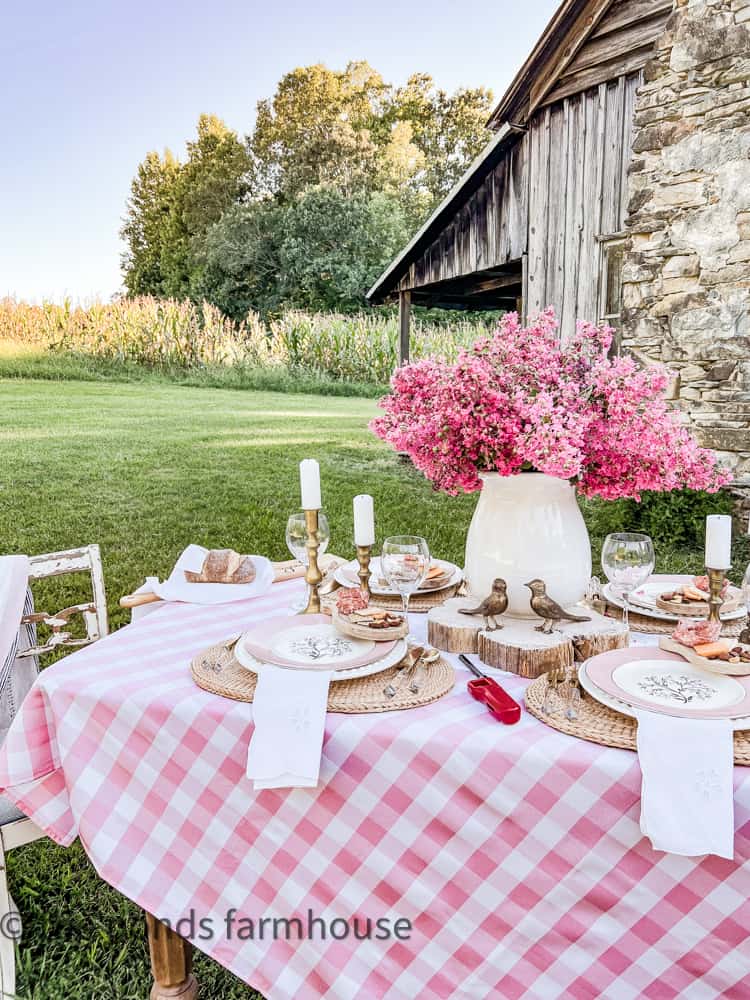Easter is a time of celebration and joy for many families around the world. One of the most beloved Easter traditions is the Easter egg hunt, where children search for hidden eggs filled with treats and surprises. While many people may think of Easter egg hunts as being hosted in parks or community centers, they can also be a fun and exciting event right in your own backyard. Planning an Easter egg hunt in your backyard is a great way to bring family and friends together for a day of fun and laughter. Here are some tips on how to plan the perfect Easter egg hunt in your backyard.
1. Set a Date and Time
The first step in planning an Easter egg hunt in your backyard is to choose a date and time for the event. Easter Sunday is the most popular day for Easter egg hunts, but you can also choose to host your hunt the day before or after Easter if that works better for your schedule. Once you have chosen a date, decide on a time that works best for your guests. You want to make sure that everyone has enough time to search for eggs before it gets too dark outside.
2. Create a Guest List
Next, create a guest list for your Easter egg hunt. Consider inviting family members, friends, neighbors, and anyone else who you think would enjoy participating in the event. Make sure to include children of all ages so that everyone can join in on the fun. You can also ask guests to RSVP so that you have an idea of how many people will be attending.
3. Purchase Supplies
Before the big day, make sure to purchase all the supplies you will need for the Easter egg hunt. This includes plastic eggs, candy or small toys to fill the eggs with, baskets or bags for the children to collect their eggs in, and any decorations or signs you want to use to create a festive atmosphere in your backyard. You can find these supplies at party supply stores, craft stores, or online.
4. Choose Hiding Spots
Once you have all your supplies, it’s time to choose hiding spots for the eggs in your backyard. Be creative and think of places where the eggs will be easy for children to find but still provide a fun challenge. You can hide eggs in bushes, under trees, behind flower pots, or even in hard-to-reach places for older children. Just make sure to keep track of where you hide each egg so that you can easily find them if any are left over after the hunt.
5. Set Up the Hunt
On the day of the Easter egg hunt, set up your backyard with all the supplies you purchased and hide the eggs in their designated spots. You can also set up a designated area for younger children to search for eggs so that they don’t get too overwhelmed by the bigger kids. Make sure to have a designated start and end time for the hunt so that everyone has a fair chance to find eggs.
6. Establish Rules
Before starting the Easter egg hunt, establish some rules to ensure that everyone has a fun and safe experience. You can set a limit on how many eggs each child can collect, remind them to be respectful of others while searching for eggs, and establish boundaries for where they are allowed to search. You can also create different colored eggs for each child to find to ensure that everyone gets an equal chance to collect eggs.
7. Have Prizes
To add an extra element of excitement to the Easter egg hunt, consider having prizes for children who find special eggs or collect a certain number of eggs. You can give out small toys, gift cards, or even cash prizes to the winners of the hunt. This will encourage children to search for eggs even more eagerly and make the event even more memorable for everyone involved.
8. Plan Refreshments
After the Easter egg hunt is over, plan to have some refreshments for your guests to enjoy. You can serve snacks, drinks, or even a full meal depending on the time of day and the preferences of your guests. This is a great way to relax and socialize with your guests after the excitement of the Easter egg hunt and ensure that everyone leaves with happy memories of the day.
9. Take Photos
Finally, don’t forget to take plenty of photos during the Easter egg hunt to capture the fun and excitement of the day. You can take candid shots of the children searching for eggs, posed photos with their baskets of eggs, and group photos with all your guests. These photos will be a great way to remember the event and share with friends and family who couldn’t attend.
In conclusion, planning an Easter egg hunt in your backyard can be a fun and memorable experience for everyone involved. By following these tips and being creative in your planning, you can create a fantastic event that will bring joy to your family and friends on Easter Sunday. So gather your supplies, invite your guests, and get ready for an egg-citing day of fun and laughter in your own backyard. Happy Easter!

